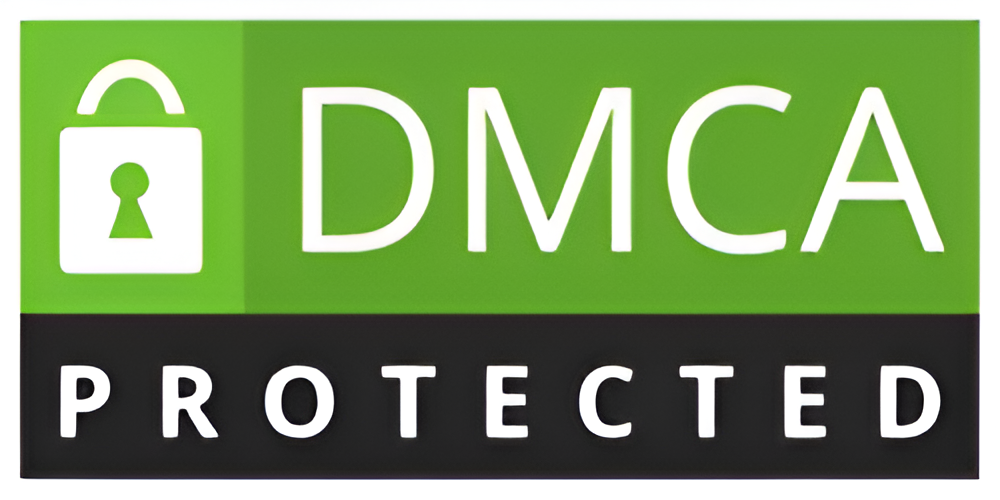Johannesburg Pride, also known as Joburg Pride, is South Africa’s longest-running and most prominent LGBTQIA+ celebration. Held annually in Johannesburg, the country’s economic and cultural hub, the event is a powerful display of visibility, diversity, and resistance. As the oldest Pride event on the African continent, Johannesburg Pride plays a vital role in advancing LGBTQIA+ rights, challenging social taboos, and uniting communities across racial, cultural, and gender lines.
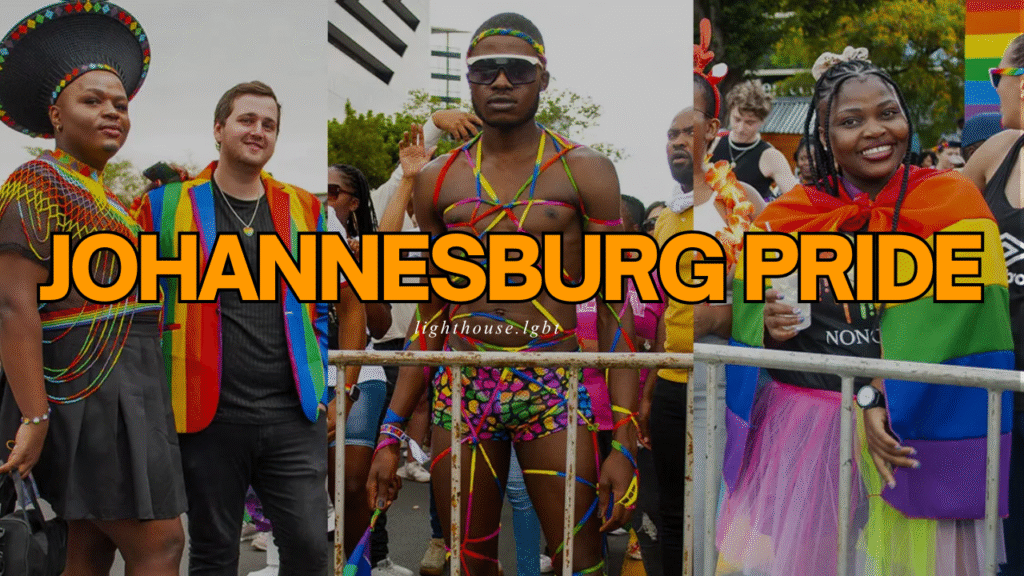
Since its first march in 1990, Johannesburg Pride has grown into a full-scale festival attracting thousands of participants from across South Africa and the rest of the continent. Its continued presence in a society grappling with both progress and prejudice makes it a significant symbol of freedom, expression, and pride in Africa.
History and Importance
Johannesburg Pride began in October 1990, just four years before South Africa’s first democratic elections. The first march was both a celebration and a protest, organized by a courageous group of LGBTQIA+ activists to demand visibility and legal equality in the face of apartheid-era oppression and anti-gay legislation.
It became a landmark moment not only for South Africa but for the African continent. Over the years, Joburg Pride has evolved in scale and structure, but its core mission has remained consistent: to promote awareness, foster acceptance, and celebrate identity in a society still dealing with high levels of homophobia, transphobia, and gender-based violence.
When and Where It Happens
Johannesburg Pride is held annually in October, aligning with South Africa’s Pride Month, and often takes place on the last Saturday of the month. The festivities are centered in Sandton, Johannesburg’s commercial district, which offers a central, secure, and accessible location.
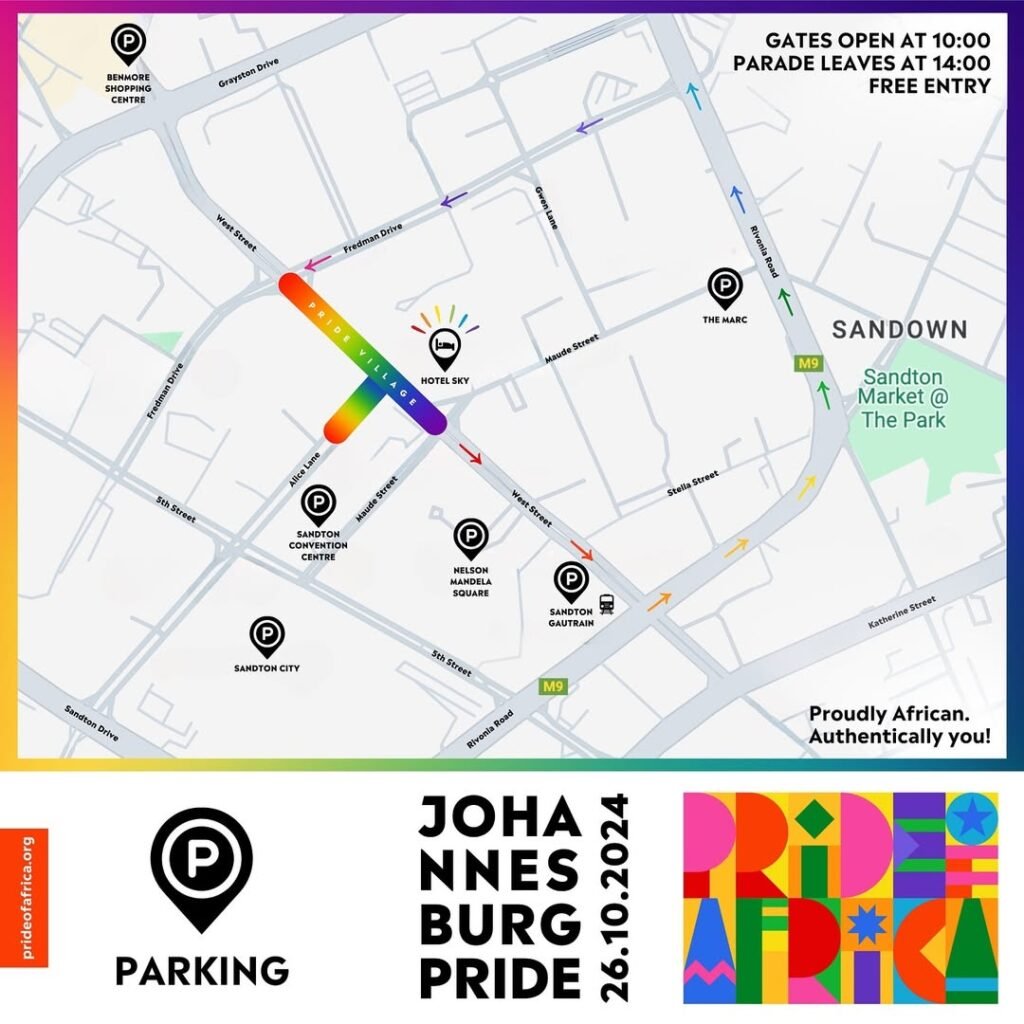
The parade begins with a march through the city’s streets and concludes at a public venue where the rest of the day’s festival unfolds. Sandton’s skyline, modern venues, and vibrant community spaces provide a unique backdrop that contrasts with the city’s historical struggle for equality.
What to Expect at Johannesburg Pride
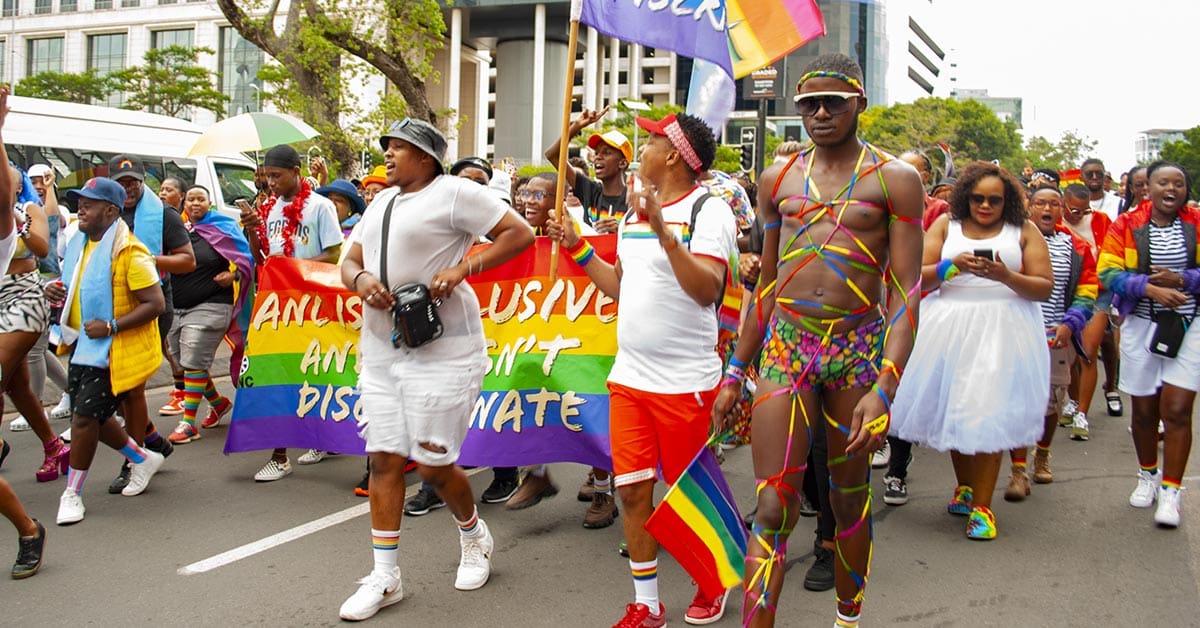
The Joburg Pride celebration offers a wide range of events that blend celebration with activism. The parade itself features diverse participation, including LGBTQIA+ groups, corporate allies, NGOs, and cultural performers.
Key highlights include:
- The Pride Parade: A colorful march that brings together drag artists, activists, youth groups, and international visitors
- Music Performances: Featuring South African DJs, singers, and spoken-word artists
- Speeches and Advocacy: Talks by activists and leaders raising awareness on human rights and health issues
- Family and Youth Zones: Safe and inclusive areas designed for LGBTQIA+ families and young participants
- Market Stalls and Food Vendors: Offering local crafts, LGBTQIA+-themed merchandise, and South African cuisine
The entire event is infused with uniquely African energy, blending contemporary LGBTQIA+ culture with the country’s rich heritage and ongoing fight for justice.
LGBTQIA+ Rights in South Africa
South Africa remains the only African country where same-sex marriage is legal, thanks to its progressive post-apartheid constitution, which explicitly protects against discrimination based on sexual orientation.
Notable legal protections include:
- Legalized same-sex marriage (2006)
- Equal adoption rights
- Anti-discrimination protections under the Constitution
- Legal gender change for transgender individuals
Despite these legal advances, LGBTQIA+ people in South Africa, particularly in rural areas and among the black queer community, continue to face hate crimes, societal stigma, and inadequate access to healthcare. Johannesburg Pride plays an important role in bringing these issues to the forefront and pressuring authorities for systemic change.
Cultural and Social Impact
Johannesburg Pride has helped shift public perception and normalize LGBTQIA+ identities in mainstream South African culture. It serves as a space for self-expression, healing, and storytelling, particularly for communities historically silenced by apartheid, religion, and patriarchy.
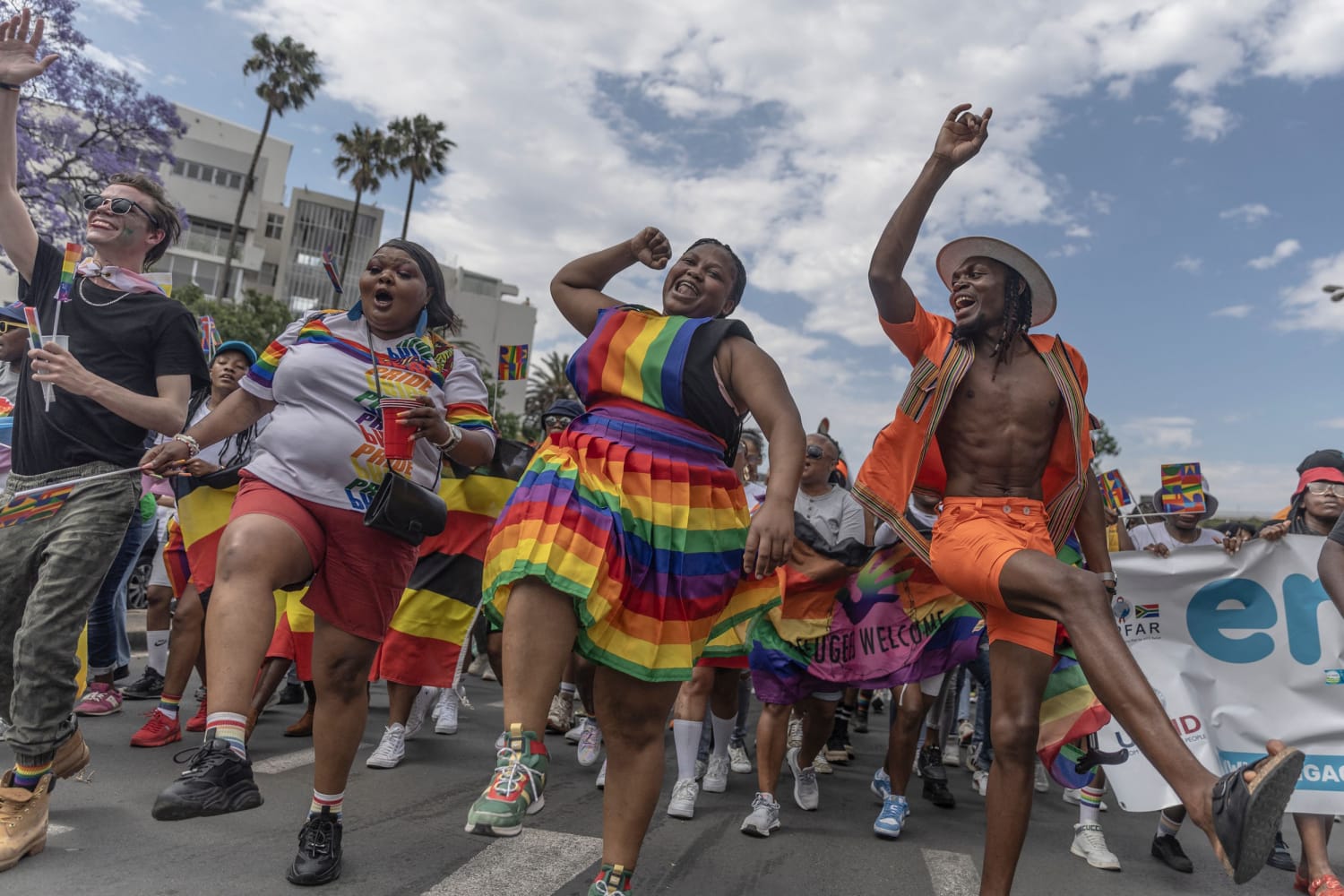
The event’s increasing engagement with local schools, universities, churches, and media outlets helps broaden the conversation on sexual orientation and gender identity, contributing to education and social change.
Johannesburg Pride also bridges class and racial divides by offering inclusive programming that represents the full spectrum of South Africa’s queer population. This makes it not only a celebration but a critical force in the ongoing national dialogue about identity, dignity, and equality.
Tourism and Economic Contribution
Johannesburg Pride has become a magnet for both domestic and international visitors. Each year, the event brings thousands of tourists to the city, benefiting hotels, restaurants, event venues, and local markets.
The celebration also supports the local creative economy, providing a platform for designers, performers, visual artists, and LGBTQIA+-owned businesses. The visibility of Johannesburg Pride has positioned the city as one of Africa’s few openly LGBTQIA+-friendly destinations, particularly appealing to travelers from less accepting countries.
Safety and Inclusivity
Safety is a top concern for Johannesburg Pride organizers. The event collaborates with local police, private security, and medical services to ensure a safe environment for all attendees.
Efforts to increase inclusivity include:
- Gender-neutral restrooms and signage
- Sign language interpreters during performances
- Dedicated zones for differently-abled individuals
- Zero-tolerance policy on harassment or hate speech
Organizers continue to refine these measures, responding to feedback from marginalized groups to ensure the space is as inclusive and accessible as possible.
How to Attend or Participate
Participation in Johannesburg Pride is open to everyone. Attendance at the parade and most public events is free. Individuals and groups interested in joining the march or setting up a booth can register via the official Johannesburg Pride website.
To attend:
- Visit https://www.johannesburgpride.co.za
- Check the event schedule and registration information
- Book accommodations early in Sandton or nearby areas
- Use ride-sharing services or the Gautrain for safe and efficient travel
Visitors are also encouraged to engage with community outreach activities during the week leading up to the main parade, including workshops, volunteer drives, and panel discussions.
At a Glance
Johannesburg Pride is more than an event — it is a living testament to resilience, courage, and progress. As Africa’s first and most established LGBTQIA+ celebration, it continues to inspire change, raise awareness, and uplift queer voices across the continent. In a country where progress coexists with persistent challenges, Johannesburg Pride remains a bold, joyful declaration that love, in all its forms, deserves to be seen, celebrated, and protected.


